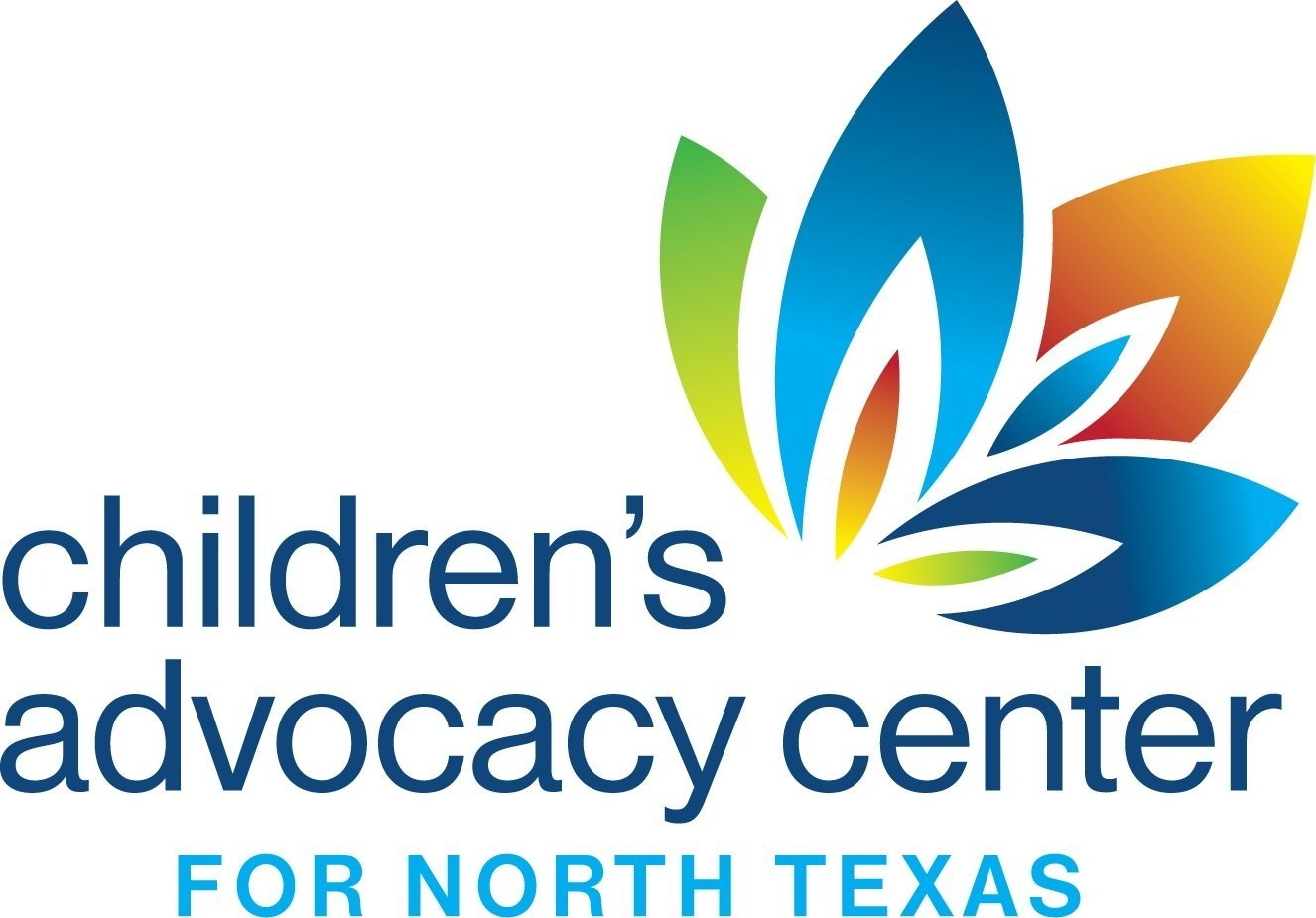Sexual Assault: What You Need to Know
A program for 9th through 12th grade offered in English and Spanish
About Sexual Assault: What You Need to Know
Sexual Assault: What You Need to Know is a 45-60 minute child abuse prevention program that focuses on safety topics regarding consent, grooming, healthy vs. unhealthy relationships, sexual harassment, sex trafficking, legal definitions from the Texas Penal Code, repercussions for sexual assault, and how to report.
This program is interactive, and students are encouraged to ask questions regarding the content throughout the presentation.
Statistically, one in ten children will be a victim of sexual abuse before their 18th birthday. Research demonstrates that by teaching about personal safety, children are more likely to report to a trusted adult should an abusive situation occur.
Sexual Assault: What You Need to Know was created by Children’s Advocacy Center for North Texas Multidisciplinary Team in accordance with Texas House Bill 111 and Senate Bill 9 and includes curriculum from One Love Foundation, Blue Seat Studios, Darkness to Light, RAINN, Childline, New Friends New Life, Rebecca Bender, and more.
Concepts
Grooming: According to Children’s Advocacy Centers of Texas, in the year 2021, 98% of child abuse victims knew their alleged perpetrators; this happens through a deliberate process called child grooming. Grooming allows offenders to gradually overcome natural boundaries prior to the abuse occurring. Grooming a child can look like a close relationship between the offending adult, the targeted child, and even the child’s caregivers. The grooming process is often deceptive because the offender may be well-known or respected in the community making it easy to trust them. Grooming and Red Flag Behaviors. (2022). Darkness to Light. https://www.d2l.org/child-grooming-signs-behavior-awareness/
Healthy vs. Unhealthy Relationships: Healthy relationships bring out the very best in you and make you feel good about yourself. Signs of a healthy relationship include comfortable pace, trust, honesty, independence, respect, equality, kindness, taking responsibility, healthy conflict, and fun. Whereas, unhealthy relationship behaviors often go unrecognized because there are not enough tools to help identify them. Signs of an unhealthy relationship include intensity, possessiveness, manipulation, isolation, sabotage, belittling, guilting, volatility, deflecting responsibility, and betrayal. One conversation about the difference between healthy and unhealthy relationship behaviors can make all the difference in a young person’s life. Do You Know the 10 Signs? (2022). One Love Foundation. https://www.joinonelove.org/relationships-101/
Sexual Assault: Legal definitions of sexual assault are described in the Texas Penal Code, PENAL § 22.011. Sexual Assault. Penal Code. (2022). Texas Constitution and Statutes. https://statutes.capitol.texas.gov/
Sexual Harassment: People who harass or bully make cruel comments, gestures, threats, or actions. Children and teens may face sexual harassment in various ways such as unwanted and unwelcome physical contact, sexually insulting remarks, someone bragging about their sexual abilities making others subject to hear, intimidating hallway behavior at school, being followed or stalked, and many other ways. There are criminal charges in the state of Texas that can be pursued for sexual harassment. Witmer, D. W. (2020, September 27). How Might My Teen Be Sexually Harassed at School? Very Well Family. https://www.verywellfamily.com/examples-of-teen-sexual-harassment-at-school-2611301
Sex Trafficking: The term “sex trafficking” describes the recruitment, harboring, transportation, provision, or obtaining of a person for the purpose of a commercial sex act. Further, “child sex trafficking,” simply put, is the exchanging of something of value for sex with a child/minor. Victims of child sex trafficking do not often recognize they are being trafficked. This crime can happen to anyone regardless of age, culture, gender, neighborhood, etc. Traffickers identify children with noticeable vulnerabilities or needs and often scour common locations such as bus stations, shopping malls, sports events, online, etc. What Exactly is Human Trafficking? (2022). Unbound. https://www.unboundnow.org/human-trafficking
Reporting to Trusted Adult: A trusted adult is someone a child can talk to about anything, especially when help may be needed. Adults are safe when they respect a child’s body boundaries, always believe a child, remove access from the person who hurt a child, and never ask a child to keep a secret. There are secrets that are important to TELL and surprises that are “OK” to keep. National Center for Missing and Exploited Children. (2022). Being a Trusted Adult. NetSmartz. https://www.missingkids.org/
